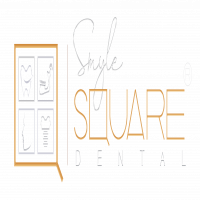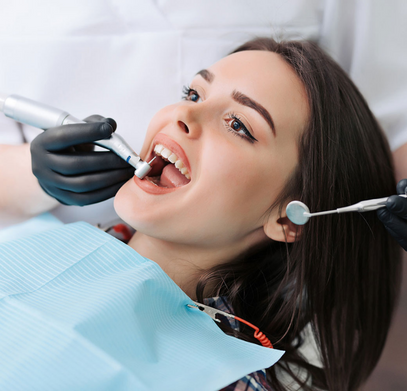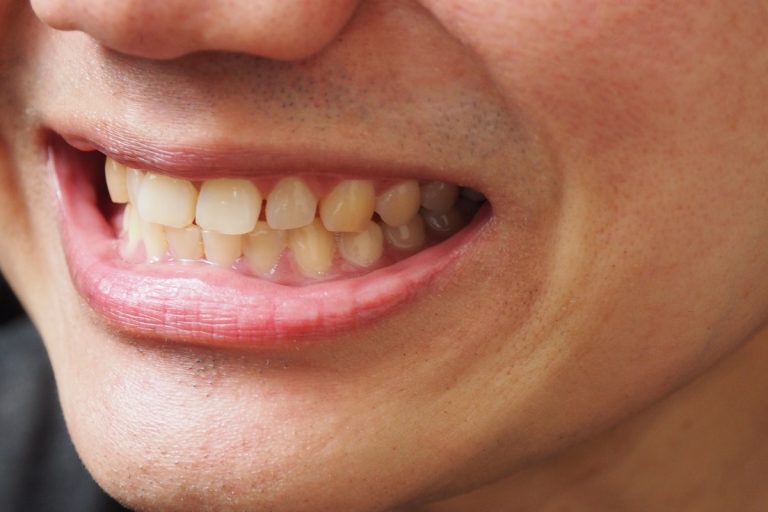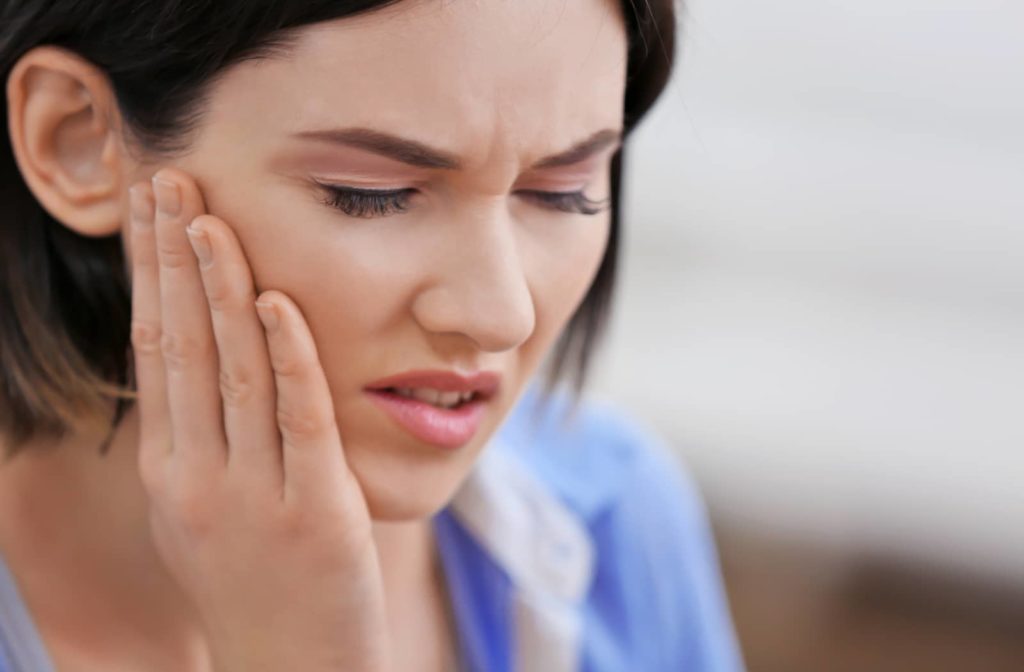Addressing TMJ Symptoms in Individuals with Sleep Apnea
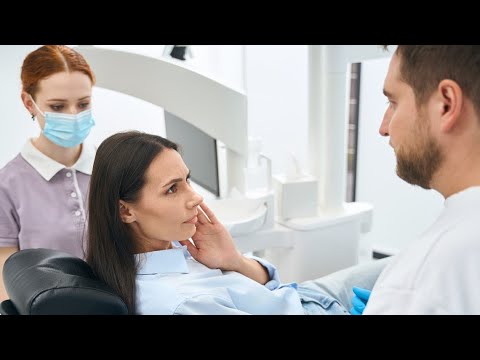
Strong 8k brings an ultra-HD IPTV experience to your living room and your pocket.
Temporomandibular Joint (TMJ) disorders and sleep apnea may seem like two separate conditions—but they’re often deeply connected. Many individuals with sleep apnea also experience TMJ-related symptoms like jaw pain, clicking, or headaches. This overlap is not just coincidental; both conditions can influence and worsen each other.
In this blog, we’ll explore the link between TMJ disorders and sleep apnea, the symptoms to watch for, and effective treatment approaches—such as affordable TMJ treatment in Fursungi—to help you sleep better and live more comfortably.
🦷 What Is TMJ Disorder?
TMJ disorder (or TMD) affects the temporomandibular joint, which connects the jawbone to the skull. It helps in everyday functions like chewing, speaking, and yawning.
Common TMJ symptoms include:
- Jaw pain or stiffness
- Clicking or popping sounds in the jaw
- Headaches or facial pain
- Difficulty opening or closing the mouth fully
- Pain in the neck, shoulders, or ears
😴 What Is Sleep Apnea?
Sleep apnea is a sleep disorder where breathing repeatedly stops and starts during sleep. The most common type is obstructive sleep apnea (OSA), which occurs when the throat muscles relax and block the airway.
Symptoms of sleep apnea include:
- Loud snoring
- Gasping or choking during sleep
- Morning headaches
- Dry mouth or sore throat upon waking
- Daytime fatigue or poor concentration
🔗 How Are TMJ and Sleep Apnea Connected?
Jaw Position Affects the Airway
People with sleep apnea often have a jaw that rests too far back during sleep, narrowing the airway. This can place stress on the TMJ and surrounding muscles.
Clenching and Grinding (Bruxism)
Sleep apnea is frequently associated with nighttime teeth grinding, which puts enormous pressure on the jaw joint, leading to inflammation and pain.
Muscle Tension from Interrupted Sleep
Poor sleep quality increases muscle tension and sensitivity, including in the jaw and neck. Over time, this can trigger or worsen TMJ symptoms.
Mouth Breathing and Jaw Strain
Individuals with sleep apnea may breathe through their mouth during sleep, which can cause dryness and strain the jaw muscles, especially if the mouth remains slightly open throughout the night.
🧠 Recognizing Combined Symptoms
If you have both TMJ issues and sleep apnea, you may experience:
- Jaw pain that worsens in the morning
- Frequent morning headaches
- Disrupted or poor-quality sleep
- Ear pressure or ringing
- Clicking jaw with breathing difficulties at night
✅ Treatment Options for Managing TMJ in Sleep Apnea Patients
Oral Appliances for Sleep Apnea
Custom-fitted mandibular advancement devices (MADs) help move the jaw slightly forward to keep the airway open during sleep. When designed properly, they can reduce both apnea episodes and jaw tension.
Important: The device must be crafted with both airway support and TMJ comfort in mind to avoid worsening joint issues.
TMJ-Focused Physical Therapy
- A physiotherapist can provide:
- Muscle relaxation techniques
- Jaw alignment exercises
- Posture training
These therapies relieve pressure on the jaw and improve function, reducing both pain and the impact of sleep disruptions.
Stress Management and Sleep Hygiene
Both TMJ pain and sleep apnea can be aggravated by stress. Managing daily tension with:
- Deep breathing exercises
- Meditation or yoga
- Regular sleep schedules
can improve symptoms of both conditions.
Night Guards or Splints
For those who grind their teeth, TMJ night guards can protect the joint from pressure. However, they are different from sleep apnea appliances—consult your dentist to ensure you’re using the right device based on your specific diagnosis.
- Lifestyle Modifications
- Sleep on your side instead of your back to reduce airway obstruction
- Maintain a healthy weight
- Avoid alcohol or sedatives before bed, as they relax airway muscles
- Reduce hard or chewy foods if TMJ symptoms are severe
👨⚕️ Who Should You See?
If you suspect you have TMJ symptoms and sleep apnea:
- Visit a dentist or TMJ specialist for an oral evaluation
- Consult a sleep specialist or undergo a sleep study to confirm apnea
- Work with both experts to create a combined care plan tailored to your needs
Conclusion
TMJ symptoms and sleep apnea often go hand in hand, creating a cycle of discomfort, disrupted sleep, and reduced quality of life. But the good news is—they can be treated together with the right approach.
If you’re waking up with jaw pain, headaches, or feeling tired despite a full night’s sleep, don’t ignore the signs. A multi-specialty treatment plan involving dental care, sleep therapy, and lifestyle changes can restore restful sleep and bring relief from jaw pain.
For those seeking affordable TMJ treatment in Fursungi, expert care is within reach—so you can breathe easier, sleep better, and live pain-free.
Note: IndiBlogHub features both user-submitted and editorial content. We do not verify third-party contributions. Read our Disclaimer and Privacy Policyfor details.

